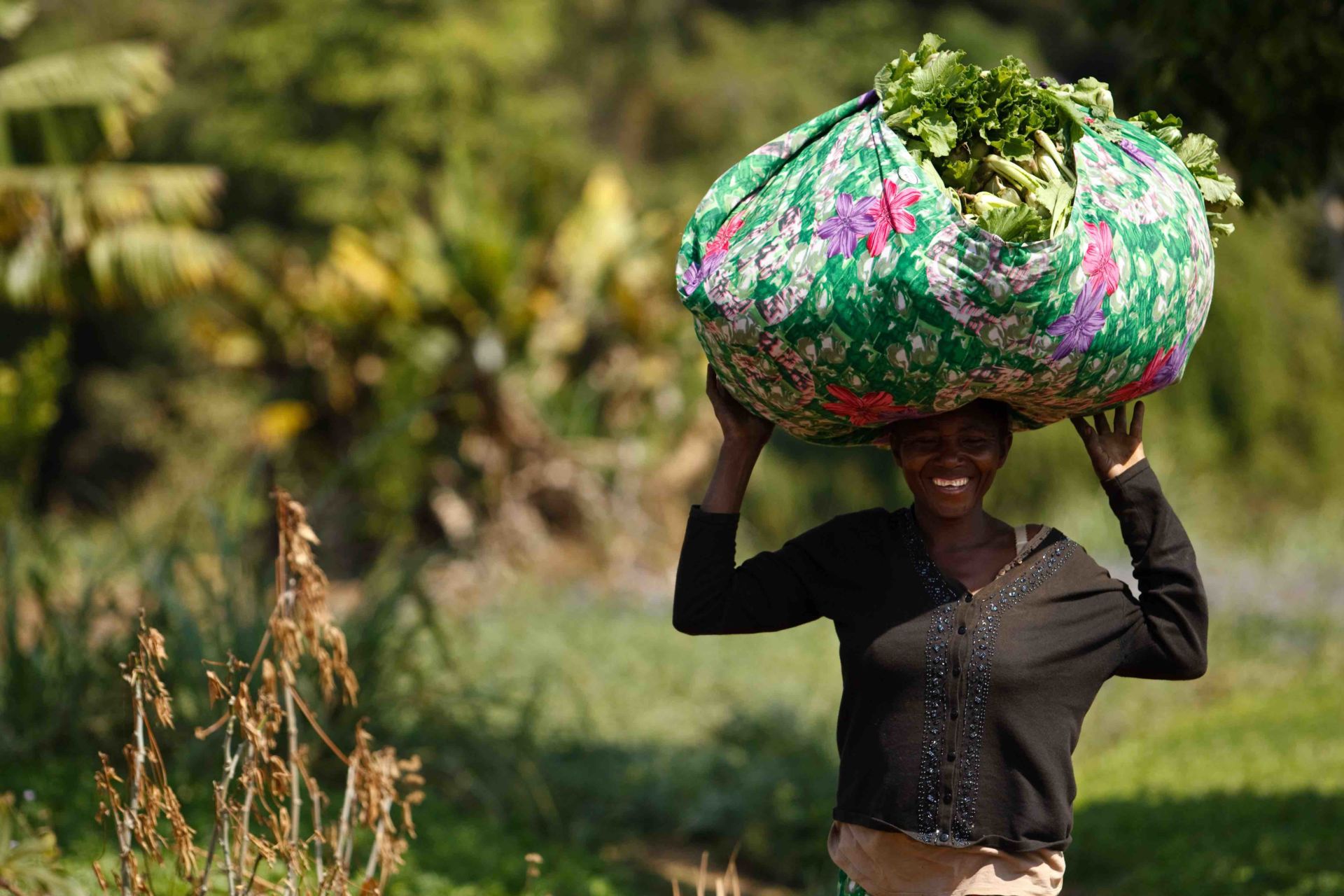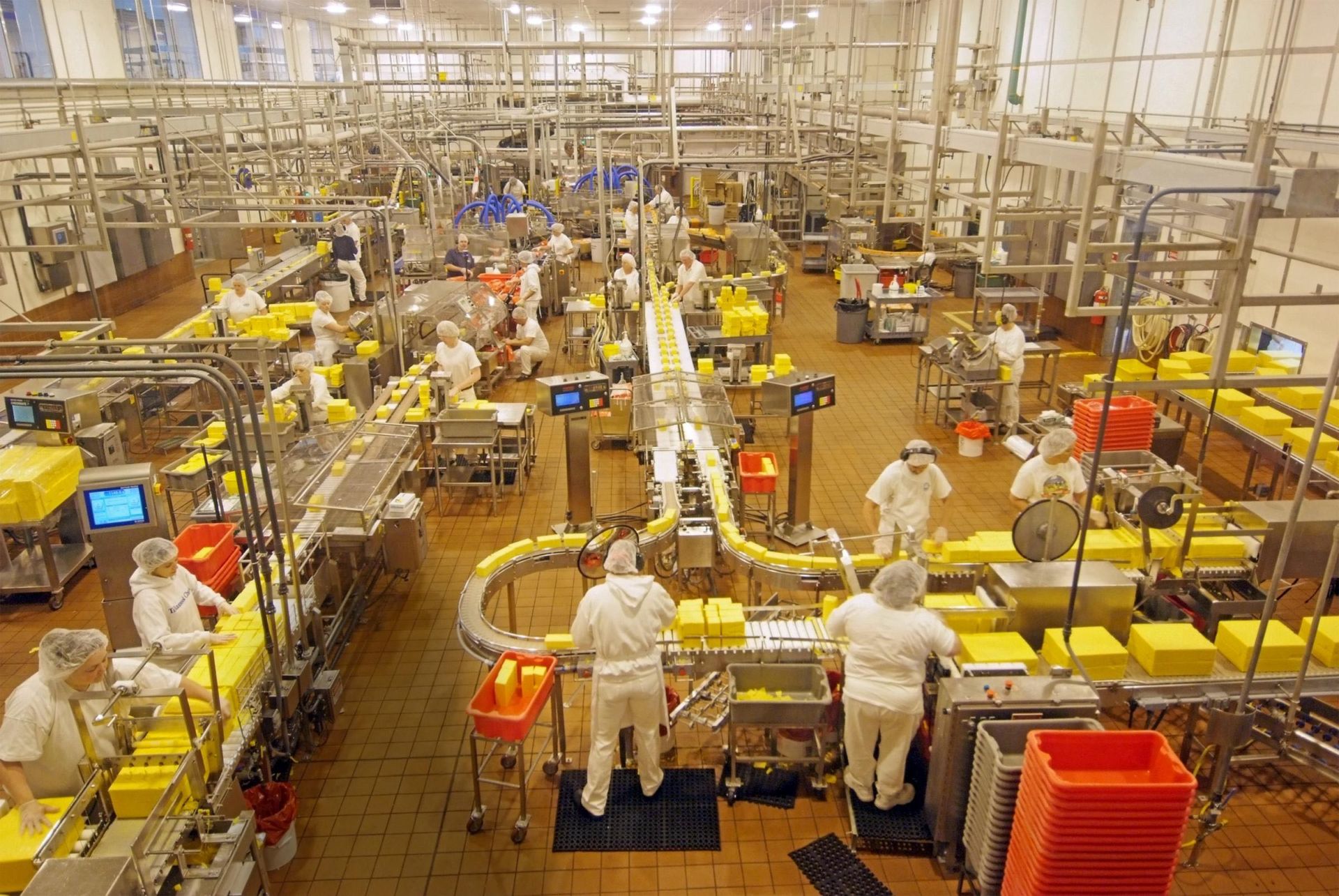Nestled in the heart of the Congo Basin, the world’s second-largest rainforest, lies the Republic of the Congo. A nation covered in vast forests, the Congo boasts an estimated 23 million ha of forest area — nearly 70% of the country’s total land area. However, climate change and land-use changes pose serious threats to the Congo’s lush forests.
The Republic of the Congo is particularly vulnerable to climate change and lacks a robust adaptive capacity. Highly dependent on farmland, agriculture employs 70% of the country’s workforce. The low production capacity of subsistence agriculture and changes in climate leave local communities and indigenous populations at great risk of food insecurity. Together with other drivers, the unsustainable agricultural practices in the Congo only exacerbate the threats of climate change, poverty and food insecurity. Of the country’s total greenhouse gas emissions, 81% comes from deforestation and forest degradation caused by slash-and-burn farming and fuelwood production.
In the last two decades, the country has experienced increasing greenhouse gas emissions from the agricultural sector. In the same time period, food insecurity has increased significantly, from 0.9 million people experiencing hunger in 2000 to 1.5 million in 2019.
To support the Congo in addressing these concerns and meeting its climate commitments under the Paris Agreement, the Green Climate Fund (GCF) has approved a project developed by the Food and Agriculture Organization of the United Nations (FAO) that will serve to reduce deforestation and improve the livelihoods of smallholder farmers in the country. PREFOREST, the $US 46.5 million climate change project, targets the main drivers of deforestation and forest degradation by promoting climate-resilient forestry and land-use practices that will in turn increase agricultural productivity for smallholder farmers, slow the expansion of agricultural lands into forests, and reduce greenhouse gas emissions. PREFOREST presents many firsts for both the Congo and the Congo Basin region, as it will be the first GCF project in the Republic of the Congo and the Congo Basin’s first GCF forestry project. In addition, PREFOREST will be the first collaboration between GCF and the Central African Forest Initiative (CAFI) as well as between FAO and the International Fund for Agricultural Development (IFAD) for a GCF-funded project.
Related Articles: 5 Steps to Make The COVID-19 Social Protection and Jobs Responses Better for Women | Time to Unleash Africa’s Greatest Untapped Power: Women
To be implemented over an eight-year period in collaboration with the Congolese Government, and in partnership with CAFI and IFAD, the project will focus on three main goals. The first objective is to put in place enabling conditions through local participatory mapping and the strengthening of smallholder farmers’ tenure rights for better management and access to resources, resulting in longer-term investments and greater climate resiliency. Another objective of PREFOREST is to provide technical and financial support to micro- and small-sized community-based initiatives to promote the use of low carbon climate-resilient agroforestry and forestry initiatives. The introduction of crop species, more tolerant to varying climate conditions, such as increased temperatures and erratic rainfall patterns, will further address the vulnerability of the Congo’s agricultural sector. The final objective is to allow smallholder farmers better access to markets and microcredits. To do so, the project will increase the financial literacy of these smallholder farmers and negotiate fair and long-term purchase agreements. Access to microcredits allows these farmers to improve and expand their low-carbon, climate-resilient agroforestry systems. These combined interventions will be crucial for assisting smallholder farmers targeted by the project, as they often make less than $US 2 a day and otherwise may be unable to access finance or repay loans.
PREFOREST will focus especially on deforestation and forest degradation hotspots in the country, including Brazzaville and Pointe-Noire, the Niari valley, and the towns of Dolisie, Madingou and Nkayi. These areas are large suppliers of fuelwood, a product integral to life and the economy in the Congo, as over 80% of the country’s population depends on fuelwood for cooking. As other energy sources are unlikely to fully replace fuelwood in the near future, PREFOREST will address the challenge of making fuelwood available without additional deforestation and forest degradation.
PREFOREST presents an enormous opportunity for carbon sequestration as it will create the equivalent of nearly 14,500 football fields of agroforestry systems. Within 20 years, the project is predicted to reduce greenhouse gas emissions by 16.7 million tons, equivalent to more than three years of the Congo’s fossil fuel emissions. The significant environmental benefits are not the project’s only selling points. PREFOREST will improve the livelihoods of over 40,000 smallholder farmers in the Congo. Approximately, a further 870,500 of the Congo’s population is likely to benefit indirectly.
The PREFOREST project comes about at a pivotal time for the Congo. In the last two decades, the country has experienced increasing greenhouse gas emissions from the agricultural sector. In the same time period, food insecurity has increased significantly, from 0.9 million people experiencing hunger in 2000 to 1.5 million in 2019. This challenging context highlights the need for projects such as PREFOREST, which address multiple concerns – deforestation, climate change, and poverty – in an integrated manner, hence bringing the country closer to achieving its climate and sustainable development goals.
Editor’s Note: The opinions expressed here by Impakter.com columnists are their own, not those of Impakter.com. —In the Featured Photo: A woman carries a load of Chinese cabbage as she walks through a field in Kamilombe, near Lubumbashi, Katanga province, Democratic Republic of Congo on Wednesday June 29, 2011. As part of its urban and peri-urban horticulture project, the FAO has provided farmers with improved-variety seeds, and has rehabilitated irrigation and flood-prevention infrastructures. Featured Photo Credit: ©FAO/Olivier Asselin.











